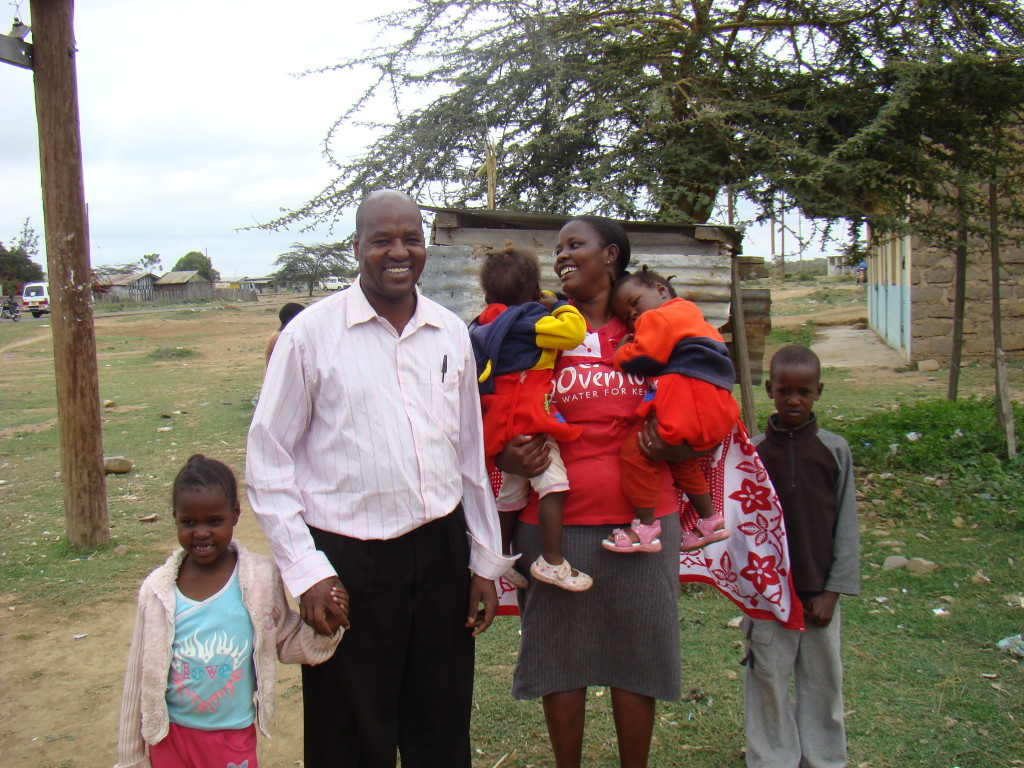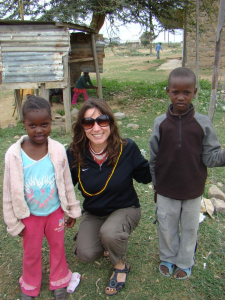For Americans, a high school education is a free gift that is often taken for granted. We seldom realize that for many others in the world this is a luxury, one they cannot afford. In Kenya, the government will pay for primary school but not secondary school, which is similar to our high school education. Secondary school is very expensive for the average Kenyan and those who can afford some tuition usually educate only the boys of the family. Living in Kenya are the Maasai, a tribe that has lived there for several hundred years. Through cultural and economic reasons many of the girls are married very young, usually between 12-18 years of age.
John Keshe and his wife Paris are Maasai who live in the Narok District in Kenya. They have founded the Maasai Community Education and Support Program. This Christian ministry helps Maasai girls who do not want to marry at this time and want to pursue education instead. The girls are given a safe place to stay until, through sponsorships, they can enroll in a secondary school. These schools are boarding schools and the sponsorships go toward the cost of tuition, room and board, books, uniforms and other supplies. So far, girls who have completed school are going back into their communities taking positions as teachers, medical providers, in business or with non-profits. Nearly all will marry, honoring their family and culture, better equipped to serve their family and village.
Part of the team going to Kenya this year will spend time with John and Paris and girls currently in the program to explore a formalized partnership. We will learn about their lives, before and now, and what they hope their future will be with this chance to attend school. Their stories will be brought back for further discussion on how to engage people in this opportunity to change not only the life of one girl, but also her family, her community and possibly the life of the one sponsoring her.
Writer: Amy Steffy
Amy is on the team heading to Kenya in October to meet with John and learn more about his work. Amy and her husband, Aaron, have been to Kenya several times and are very committed to making a difference in the lives of the children there.








